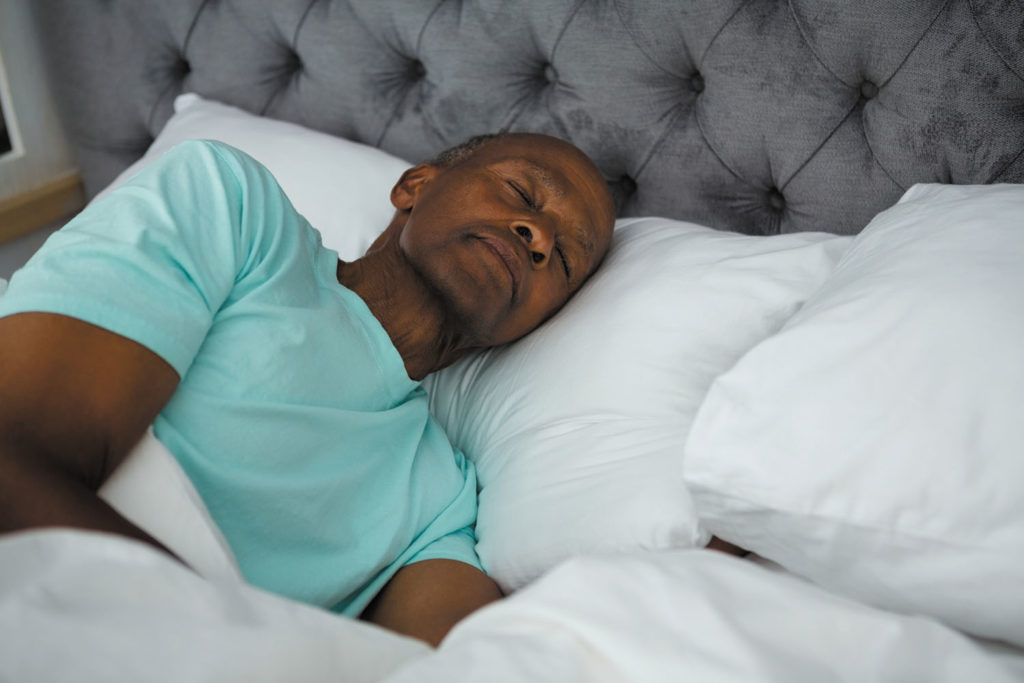Sleep: illnesses it can address in your body
A Chief Nursing Officer and Nurse Educator with the Lagos State University Teaching Hospital, Mrs. Oluremi Awe has warned against the abuse of sedatives for patients who suffer from insomnia. She also gave a rundown of the illnesses that sleep is capable of addressing.
Awe was addressing a meeting of Women’s Fellowship, All Soul’s Anglican Church in Lekki, Lagos recently.
According to her, sedatives should be used as a last resort if one is suffering from sleeplessness. She explained that most medications that help people sleep are bad for brain function, in both the short-term and long-term. The drugs according to her should also be used based on medical recommendation and should not be used for a long time to avoid addiction and eventual ineffectiveness of the drug.
To treat insomnia, she counselled that patients should undertake what in medical parlance is known as cognitive behavioural therapy for insomnia (CBTI)
This is a form of psychotherapy that helps to control or eliminate negative thoughts and actions that keep the patient awake.
The victim of insomnia according to her should also learn to cast all cares on the Lord as that will help to bring relief. “We must appreciate that whatever happens in life is a phase and we should not allow them to bring us down. This may be challenging. But then, if our trust is in God and we know that God owns our tomorrow, we will rest on him and claim his promises that he gives his beloved sleep.” She said.
She then explained that a lot of healing takes place during sleep. Such healing range from repair of muscles, the release of hormones for growth and appetite and removal of toxins from the body.
“A restful sleep gives birth to an energetic day and a consolidation of one’s memory. A night of good sleep helps increase libido, reduces blood pressure, keeps the body alert and also improves mood and performance,” she said, adding that there is need for a minimum 6-8 hour sleep daily for adults.
She noted however that lack of sleep affects performance and damages brain cells. “The mind and body can be affected adversely when quality sleep is not achieved.” She said.
Factors like poorly ventilated and stuffy space, mosquito-infested room and fear can lead to a poor sleep culture. Other factors that lead to poor sleep culture according to her are; Aging (lack of activities and presence of a disease condition) Diet (heartburn, overeating, foods that cause bloating, carbonated drinks, foods that make you wee) Medication (anti-hypertensive, diuretics, anti-inflammatory drugs)
She said research has shown that some dominant genetic traits can also predispose an individual to a specific sleep disorder. The use of stimulants e.g. caffeine, any food that will cause heartburn can also affect the sleep culture.
Awe recommends a consistent sleeping time, use of natural or dim light to sleep, bathing, brushing before going to bed and a good sleeping environment as factors that can help promote good sleep.


